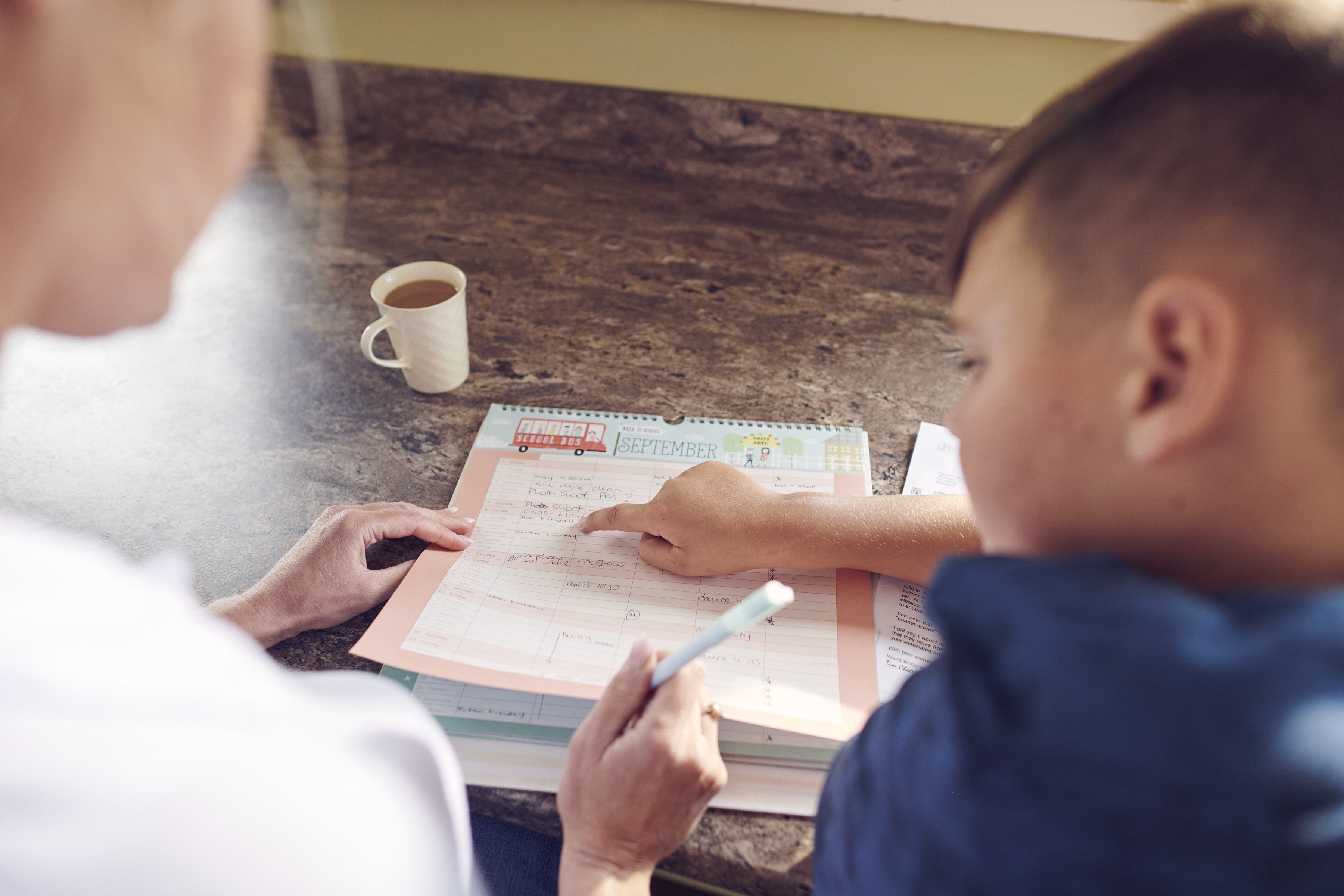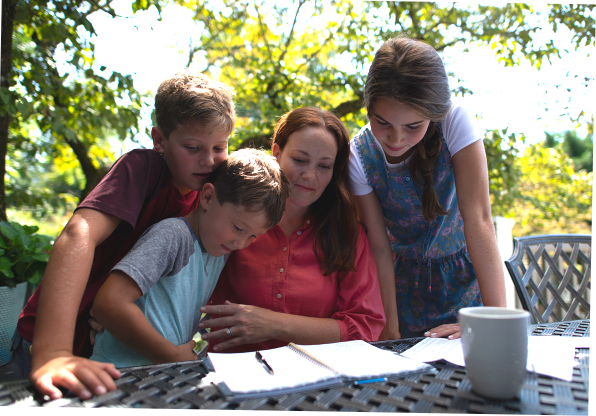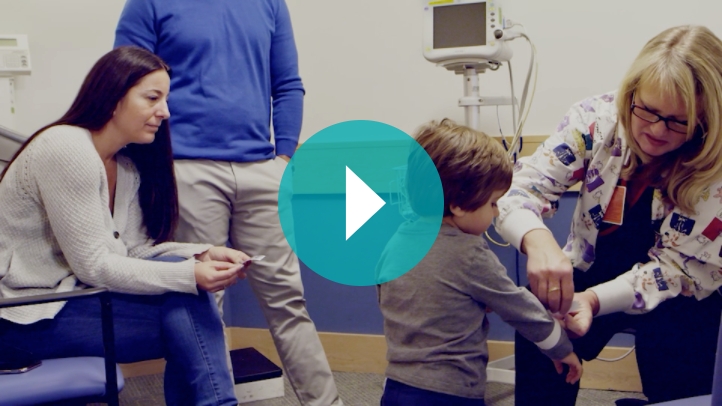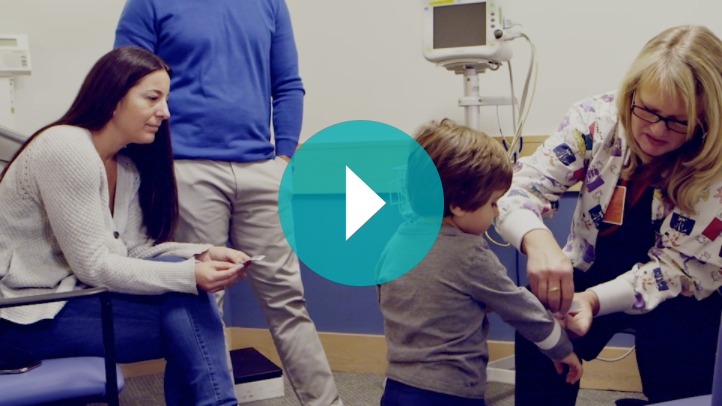WHY YOUR CARE TEAM IS IMPORTANT
The way that your care team comes together may vary. You may have one physician who is an ALD specialist that helps you build out the rest of your team or you may create your own team by finding the following pediatric specialists:
Endocrinologist
An endocrinologist is a doctor that specializes in diagnosing and treating diseases of the endocrine system (glands, hormones, and metabolism). They can help you and your child manage adrenal symptoms and provide referrals to a neurologist.
Neurologist
A neurologist is a doctor that specializes in diagnosing and treating diseases of the brain, spinal cord, and nervous system. A neurologist or ALD specialist will monitor your child for cerebral ALD through regular magnetic resonance imaging (MRI) scans. They will also consult with you and the rest of your care team if any signs of cerebral ALD are detected. Neurologists can help coordinate care and resources to help you and your family manage ALD.
Neuroradiologist
A neuroradiologist is a doctor that specializes in interpreting x-rays and magnetic resonance images (MRI) of the brain, spine and spinal region. A neuroradiologist can work with the rest of your care team to diagnose ALD and review MRI scans.
Transplant Specialist
A transplant specialist is a doctor that has expertise in bone marrow and stem cell transplants. If cerebral ALD is detected, a transplant specialist will consult with you and your family about next steps.
Even before cerebral ALD is detected, it may be helpful to connect with a transplant specialist when building out the rest of your care team. Having an established relationship with a transplant specialist can help you feel prepared for the future.
Geneticist or genetic counselor
A geneticist or a genetic counselor is a professional who specializes in genetic conditions. They can help you understand how ALD might affect your family, as well as diagnose family members who may have ALD.
Even before cerebral ALD is detected, it may be helpful to connect with a transplant specialist when building out the rest of your care team. Having an established relationship with a transplant specialist can help you feel prepared for the future.
An ALD specialist, such as a neurologist is someone who specializes in monitoring ALD. If your ALD specialist is not local, they may be able to review your child’s MRI remotely. Remember: Finding a team that works for you and your family may take time. Patient advocacy organizations can help you locate an ALD specialist.
Your child’s pediatrician, nurses, social workers and other health care professionals may be part of your care team as well. If your child experiences any mobility issues, you may be referred to a physical therapist. Your doctor may also recommend a nutritionist to work with your child to help manage ALD.
This extended care team may provide what is referred to as palliative care. Palliative care is a type of supportive care for someone with an ongoing illness, regardless of stage or prognosis. This team may help to connect you to resources and further education when needed.
Your ALD Care Plan
Managing ALD is possible with an ALD care team and a plan. Once you have a team in place, you
can partner with them to build a care plan that works for you and your family.

Your ALD care plan checklist:
- Find an ALD specialist who can help you build your care team
- Manage adrenal symptoms with your endocrinologist
- Monitor for cerebral ALD with your neurologist or ALD specialist
- If needed, discuss treatment options for cerebral ALD with a transplant specialist
- Speak with a geneticist or genetic counselor about whether they recommend that certain members of your immediate and extended family be tested





